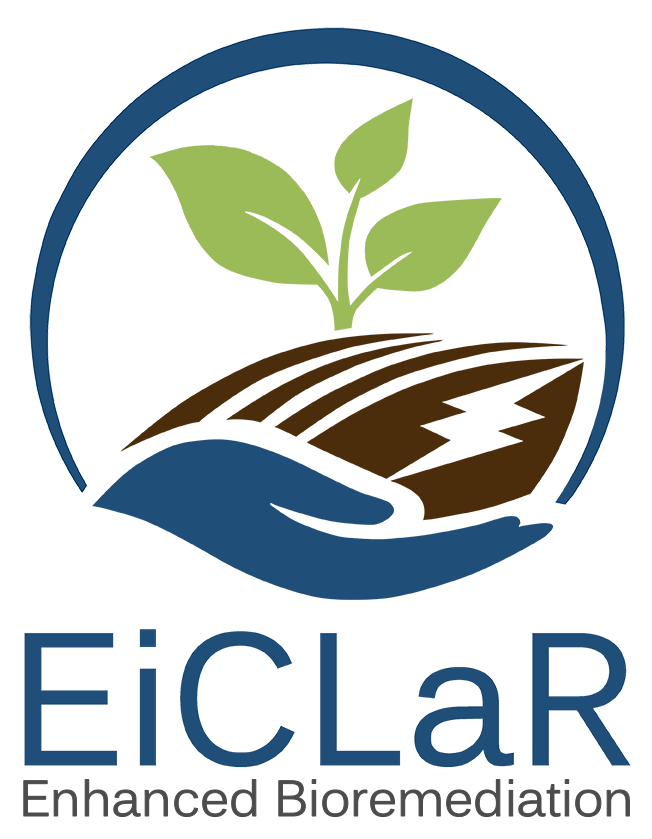CL:AIRE is delighted to announce that they are a partner in the project EiCLaR. This 6.7 million Euro project funded by the EU and China is composed of 13 EU and 5 Chinese partners. EiCLaR will develop scientific and technical innovations for in situ bioremediation technologies that will be directly developed into industrial processes for the rapid, efficient, cost-effective treatment of a range of environmental pollutants such as chlorinated solvents, heavy metals and pesticides over the next 48 months.
These technologies (Electro-Nanobioremediation, Monitored Bioaugmentation, Bioelectrochemical Remediation, and Enhanced Phytoremediation) will enable bioremediation approaches to expand their range of applications to industrial sites that contain complex, high concentration pollutant mixtures. This project will move the proof-of-concepts to industrial commercial processes through laboratory studies to explore the scientific base, scale-up techniques and field demonstrations. EiCLaR’s environmental sustainable and low impact methods will provide partners involved across contaminated land management value chains (researchers, site managers, developers, procurers, service providers, technology providers) with the tools to manage contaminated soil and groundwater, and improve the environmental quality across many sites throughout Europe and China.
Partners:
- Ecole Centrale de Lyon (Coordinator) (France)
- r3 environmental technology limited (United Kingdom)
- Technologiezentrum Wasser Karlsruhe (Water technology centre) (Germany)
- University of Stuttgart (Germany)
- Photon Water Technology s.r.o. (Czech Republic)
- Waste Science and Technology, Luleå University of Technology (Sweden)
- Technical University of Liberec (Czech Republic)
- Société Publique d'Aide à la Qualité de l'Environnement (SPAQυE) (Belgium)
- Contaminated Land: Applications in Real Environments (CL:AIRE) (United Kingdom)
- Dutch Sino Business Promotions B.V (Netherlands)
- BoSS Consult GmbH (Germany)
- SERPOL (France)
- EKOGRID OY (Finland)
- The Institute of Soil Science, Chinese Academy of Sciences (China) (Chinese coordinator)
- Shanghai Jiao Tong University (China)
- Zhejiang University (Hangzhou) (China)
- China University of Geosciences (Wuhan) (China)
- Guangzhou Institute of Geochemistry, Chinese Academy of Sciences (China)
Further information is available here.
This project has received funding from the European Union’s Horizon 2020 research and innovation programme under grant agreement N°965945.
This publication reflects only the author’s view and the European Commission is not responsible for any use that may be made of the information it contains.


